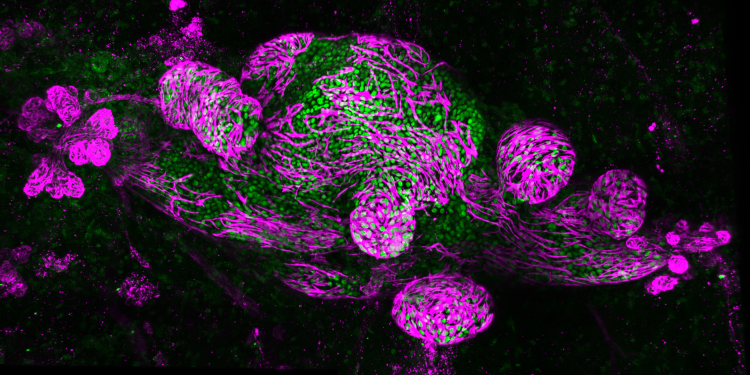Is it cancer? Delivering PRECISION in the determination of breast cancer risk
In this article in Science, learn about the headway PRECISION made toward improving DCIS care for future generations.

In 2015, Cancer Grand Challenges set the lethal versus non-lethal cancers challenge, which aimed to find ways to distinguish between lethal cancers that need treating, and non-lethal cancers that don’t. It was expected that a thorough understanding of features that could distinguish a non-lethal growth from a potentially lethal malignant growth would allow methods to be developed to specifically detect the cancers that required intervention.
In response to the lethal versus non-lethal cancers challenge, the PRECISION team has unveiled elusive biology about non-lethal ductal carcinoma in situ (DCIS), transforming the way the field thinks and informing new approaches to DCIS risk stratification to avoid overtreatment.
PRECISION has identified potential biomarkers to distinguish harmless from hazardous DCIS which, if validated in clinical trials that are currently underway, could revolutionise the way DCIS is managed in the clinic and spare thousands of women from unnecessary, intensive breast cancer treatment.
Explore PRECISION's scientific publications